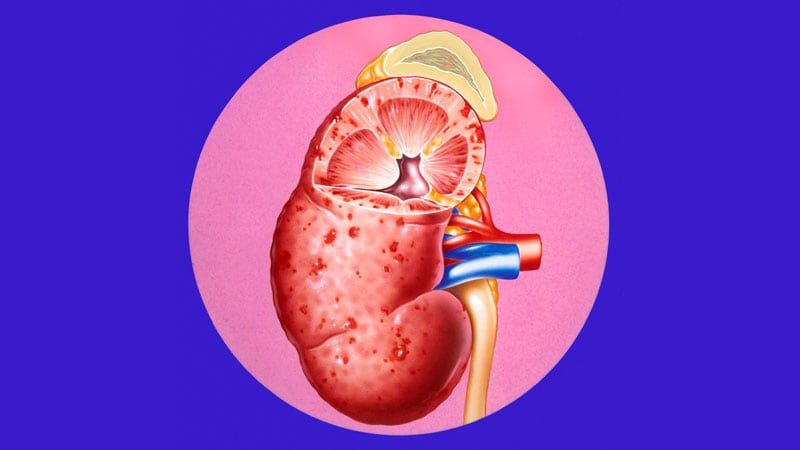Kidney failure,
which is also called renal failure, is when the kidneys slow down or stop properly filtering wastes from the body, which can cause buildups of waste products and toxic substances in the blood. Kidney failure can be acute (sudden) or chronic (happening over time and usually long lasting or permanent).
- Acute kidney injury (sometimes called acute kidney failure) may be due to bacterial infection, injury, shock, heart failure, poisoning, or drug overdose. Treatment includes correcting the problem that led to the kidney injury and, in some cases, dialysis .
- Chronic kidney failure involves a deterioration of kidney function over time. In kids and teens, it can result from acute kidney failure that fails to improve, birth defects, chronic kidney diseases, or chronic severe high blood pressure. If diagnosed early, chronic kidney failure can be treated. The goal of treatment usually is to slow the decline of kidney function with medication, blood pressure control, and diet. At some point, a kidney transplant may be needed.
